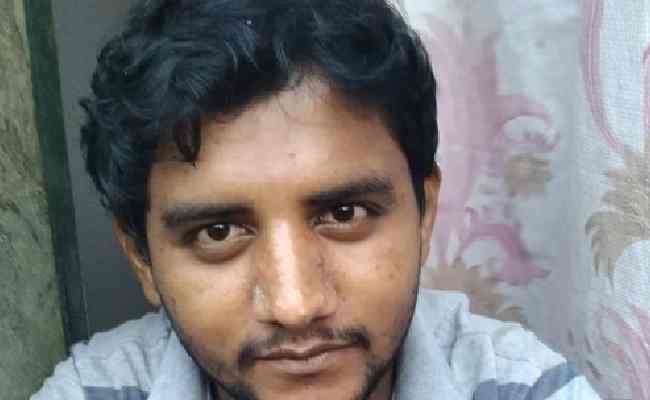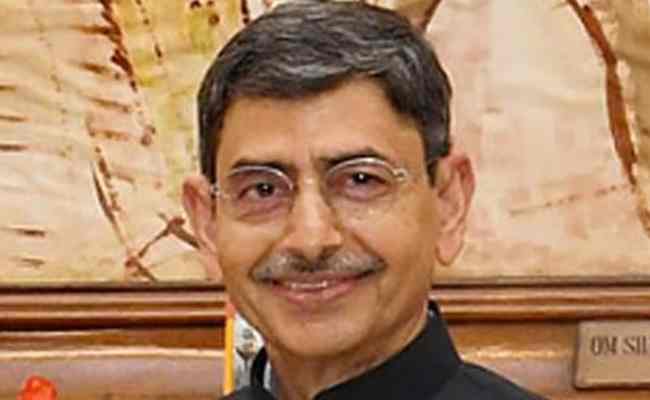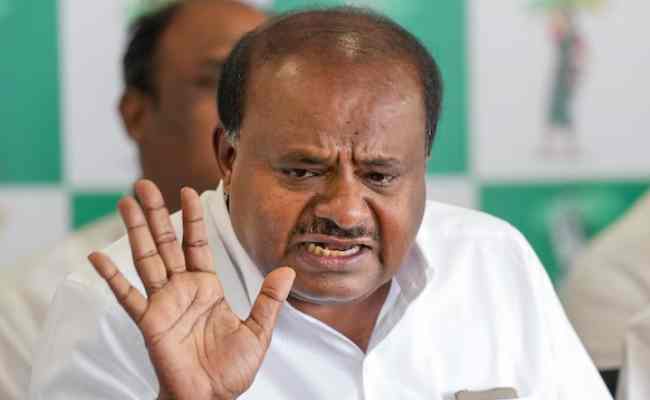New Delhi (PTI): Extra-judicial confession is a weak piece of evidence which requires strong evidence to corroborate it, the Supreme Court has said while acquitting a man in a 2007 murder case.
A bench of Justices BR Gavai and Vikram Nath said it must be established that extra-judicial confession was completely voluntary and truthful.
"Extra-judicial confession is a weak piece of evidence and especially when it has been retracted during trial. It requires strong evidence to corroborate it and also it must be established that it was completely voluntary and truthful. In view of the discussion made above, we do not find any corroborating evidence to support the extra judicial confession, rather the evidence led by prosecution is inconsistent with the same," the bench said.
The top court was hearing a plea filed by murder accused Indrajit Das challenging the order of the Tripura High Court.
The high court had dismissed the appeal filed by Das, while confirming the conviction recorded by the trial court under Section 302/34 (murder and common intention) of the Indian Penal Code and 201 (Causing disappearance of evidence) of IPC whereby he was awarded imprisonment for life and allied sentences to run concurrently.
Advocate Madhumita Bhattacharjee appeared for the accused.
According to the police, Das along with a juvenile confessed before them that they had gone to Fatikroy and Kanchanbari area in North Tripura district on the bike of the deceased Kaushik Sarkar.
While Sarkar was sitting on the motorcycle, both the accused assaulted him with a big knife and threw his helmet, purse and two knives in the nearby jungle and dragged the body and the motorcycle to a nearby river and threw them into it, according to the police.
The top court said in case of circumstantial evidence, motive has an important role to play.
"Motive may also have a role to play even in a case of direct evidence but it carries much greater importance in a case of circumstantial evidence than a case of direct evidence. It is an important link in the chain of circumstances," it said.
The apex court said the entire case of the prosecution proceeds on presumption that Sarkar has died.
"The principle of corpus delicti (body of the crime) has judgments on both sides stating that conviction can be recorded in the absence of the recovery of the corpus and the other view that no conviction could be recorded in the absence of recovery of the corpus.
"The later view is for the reason that if subsequently the corpus appears as alive, someone may have been convicted and sentenced and suffered incarceration for no crime committed by him," it said.
Let the Truth be known. If you read VB and like VB, please be a VB Supporter and Help us deliver the Truth to one and all.
Mumbai (PTI): The gunning down of Badlapur case accused Akshay Shinde on Monday was the "killing of justice", said Asim Sarode, lawyer for the two minor girls he allegedly sexually assaulted.
Shinde was killed near Mumbra Bypass around 6:15pm when he allegedly snatched the gun of a policeman while he was being ferried in a police vehicle as part of a probe into a case registered on the complaint of his former wife.
After he shot and injured an API, another personnel from the escort team fired at him, and he was declared dead by doctors at a nearby hospital.
"While representing the two minor girls, I noticed it was becoming uncomfortable for the local politics of the Thane district and even for the educational institution where Akshay Shinde was working. Shinde's death in such a manner is killing of justice," Sarode told a regional news channel.
"Now, the case of sexual assault of the two minor girls will get sidelined. The case of these two minor girls was becoming difficult for the educational institute, as it is affiliated with a certain political family. Such a practice would lower the confidence of people in police and the judiciary," he claimed.
Sarode said he will be filing a plea before the Bombay High Court demanding thorough inquiry into the firing incident.
"Shinde's case could have brought up certain aspects that would have been negative politically for the government. I wonder how Shinde could access the gun and how he could unlock it when his hands were tied. This is political murder and is absolutely wrong," he said.





